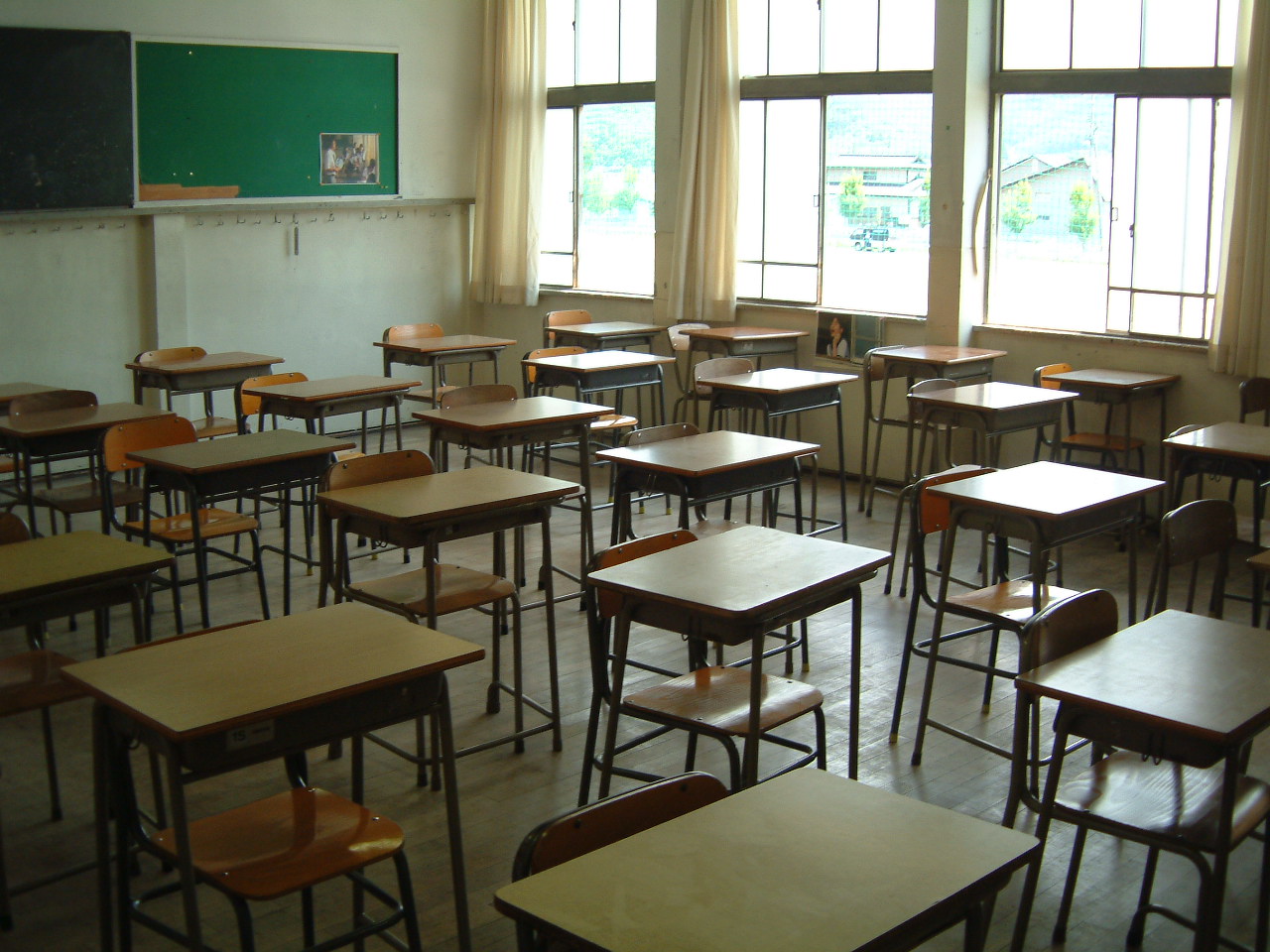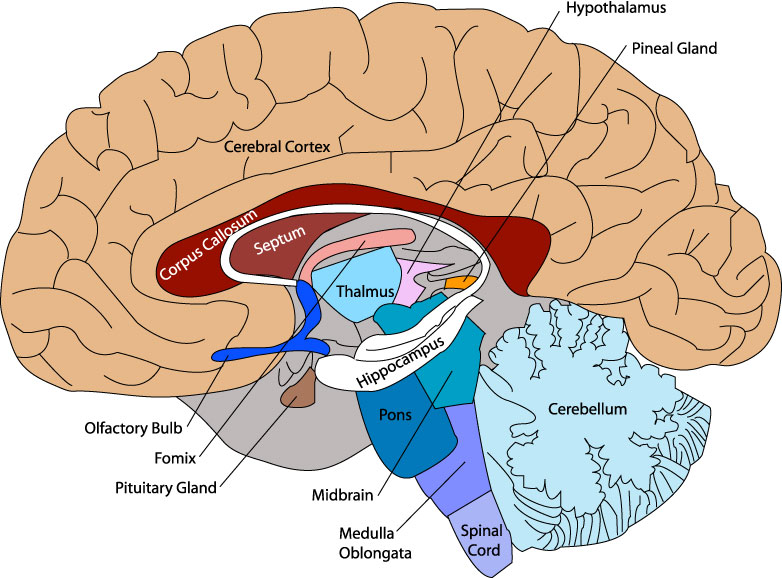Teachers in their role as interventionists can make the difference in the lives of children. Paying attention to cues and clues is part of proper classroom management. For example, how can teachers tell that substance abuse is occurring besides a tell-tale smell? When it is not as obvious as a distinctive scent, what particular behaviors should teachers look for? Once it is suspected that there is substance abuse, then what is to be done? This article gives a real life example from a teacher who had an experience that ended in death and provides research about current trends in substance abuse in schools.
A Real Life Example

The teacher reported that the student would often look down and away in a seemingly disengaged manner and would often be rude. The teacher was concerned about the student’s infrequent attendance, and was even more distraught that the student was unresponsive more often than not. The teacher incorrectly interpreted the behavior as rudeness, when in fact it was an attempt to mask intoxication. The teacher got a rude awakening when one day the student dropped dead from alcohol overdose. How could the signs be missed?
SIGNS TO LOOK FOR
- Not looking the teacher in the eye
- Unresponsiveness
- Unwarranted rudeness
- Responsiveness on some days can also be a clue.
- Sniff for unusual scents
- Bleary eyes
- Unkempt appearance
- Language cues
- Bodily damage
Research
2012 data suggests that overall drug use among high school teens has declined but there is still concern about the high use of marijuana and non-medical prescription drugs, e.g., adderall. This is of concern because research reveals potential brain damage resulting from marijuana use. Disappointing news in the report is that drugs are easily obtained by teens from family and friends. Read the report here.
Recommendations
- Do not take students behavior personally. Many times it is not aimed at teachers. Some are shouldering responsibilities they have no business carrying at that age. For example, caring for younger siblings because mom died of alcohol overdose.
- Check with other colleagues who teach the same students.
- Mandatory reporting
Mandatory Reporting
This is best practice for teaching professionals who, in carrying out their duties, suspect that students are abusing drugs. Failure to do so can result in both civil and criminal liability.
Students are the single most important resource teachers have to manage. They have to be vigilant in identifying and reporting unusual behaviors.




